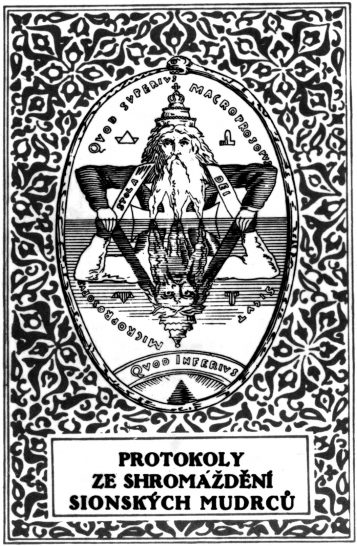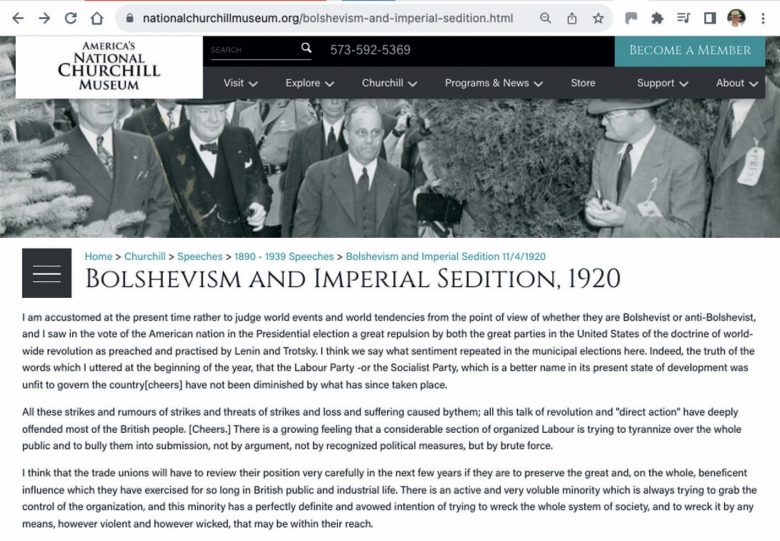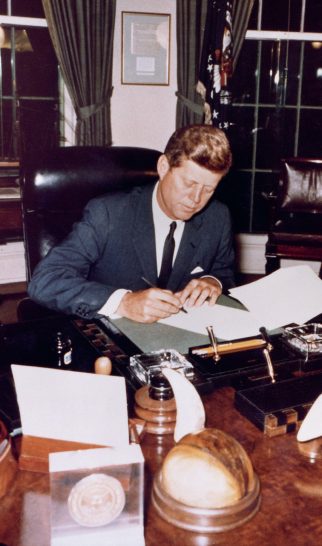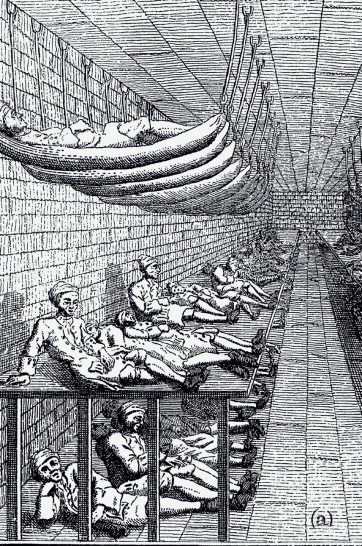
On 11 November 1918, when the guns fell silent and the First World War ended, Germany was in a state of chaos. Two days before the armistice Kaiser Wilhelm II had abdicated the throne and fled to Holland. Sailors and soldiers were mutinying, and workers were on strike. With nobody in charge, Germany was at risk of descending into civil war.
Friedrich Ebert stepped forward to take the lead. He was the leader of the SPD, the largest party in the German Reichstag (parliament). Ebert declared that Germany was now a republic and announced elections for a new assembly that would decide on a constitution. He supervised months of political negotiations during which the situation was so volatile that the government left Berlin and settled in Weimar, a small town 170 miles to the southwest.
Your organisation does not have access to this article.
Sign up today to give your students the edge they need to achieve their best grades with subject expertise
Subscribe




